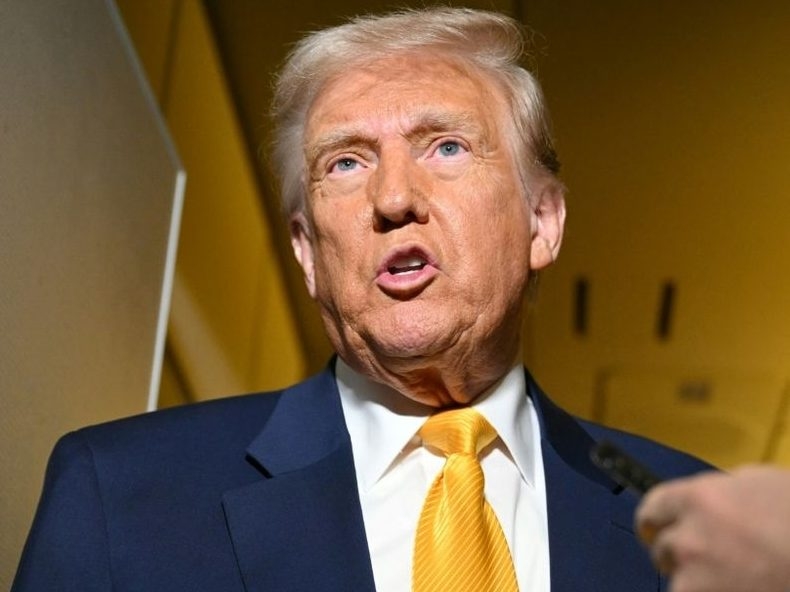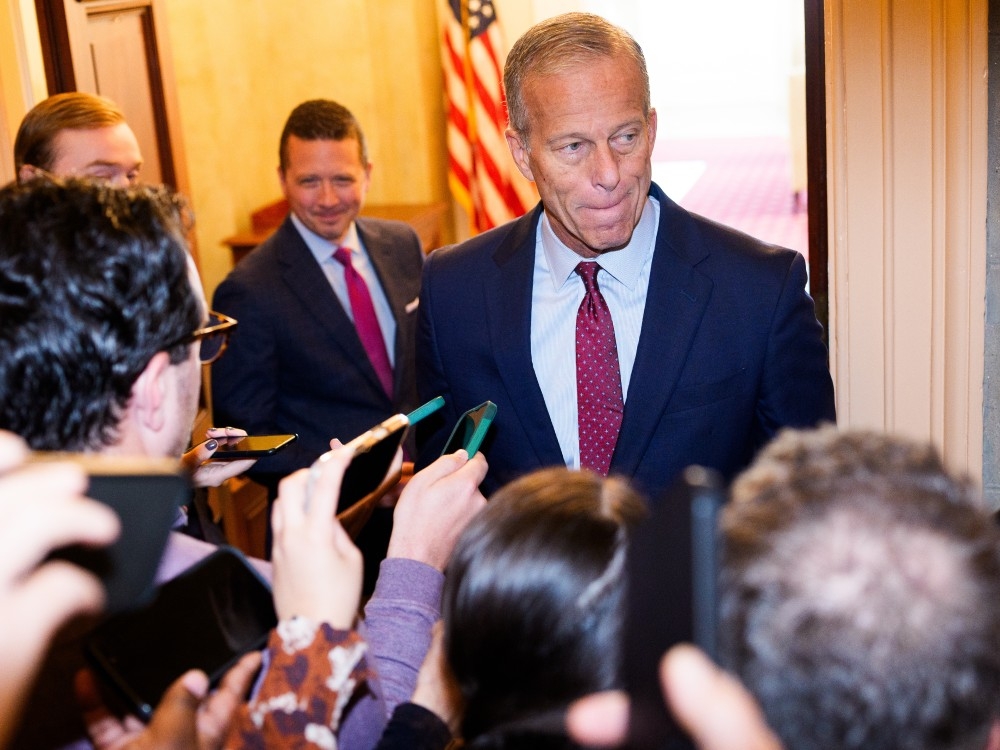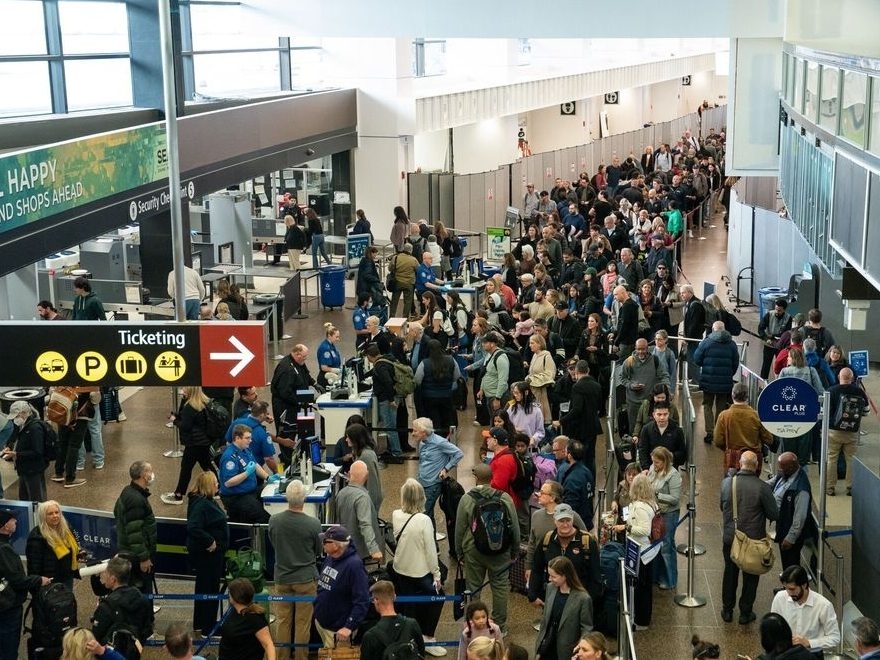Washington D.C. – The nation entered its 39th day of a government shutdown, a silent crisis deepening with each passing weekend session in the Senate. The promised swift resolution envisioned by Senate Majority Leader John Thune remained elusive, replaced by a growing sense of urgency and frustration.
The impact is no longer abstract. Across the country, families are facing the stark reality of unpaid federal workers, disrupted travel plans, and the looming threat of lost benefits. Millions of Americans are now anxiously awaiting delayed SNAP payments, a vital lifeline for those struggling to make ends meet.
The situation took a sharp turn Saturday when former President Trump publicly dismissed any compromise with Democrats seeking to extend Affordable Care Act tax credits. He labeled the healthcare system “the worst anywhere in the world,” and proposed a radical alternative – direct payments to citizens for insurance, a suggestion quickly downplayed by his own party.

While Thune acknowledged the President’s proposal wouldn’t immediately resolve the crisis, he conceded it sparked a conversation. Republican senators largely echoed the former President’s criticisms of the current healthcare landscape, fueling the partisan divide.
Senator Lindsey Graham passionately argued that the current system disproportionately benefits insurance companies, claiming they were “making out like bandits.” This sentiment, however, was met with fierce opposition from Democrats who warned against sacrificing healthcare access for millions in the name of challenging insurance practices.
A glimmer of hope emerged from a small group of moderate senators, both Republican and Democrat, exploring a potential compromise. They are considering a phased approach: temporarily funding essential government functions while deferring a vote on the contentious “Obamacare” subsidies. Without action, premiums for those relying on Affordable Care Act exchanges are projected to dramatically increase next year.

Senator Jeanne Shaheen, leading the moderate negotiations, expressed the need for “another path forward” after initial Democratic proposals were rejected. The emerging plan focuses on funding critical programs like food assistance and veterans’ benefits, extending overall funding until late in the year, and promising a future debate on healthcare.
However, securing enough support remains a significant hurdle. Even if a deal is reached, the former President’s opposition to extending health benefits casts a long shadow. House leadership has also signaled reluctance to commit to a future healthcare vote, adding another layer of uncertainty.
Republicans believe they are only a handful of votes away from securing funding, with the bipartisan talks involving a core group of ten to twelve senators. While some Republicans acknowledge the potential for premium spikes and are open to extending tax credits, they insist on implementing new restrictions on eligibility.
The debate centers on redirecting subsidies directly to individuals, a move proponents claim will create a more consumer-friendly system. Senator Graham boldly stated their intention to “replace this broken system with something that is actually better for the consumer.”
Adding another layer of complexity, the former President has called for abolishing the filibuster, a procedural rule requiring 60 Senate votes to pass most legislation. He believes eliminating it would allow Republicans to bypass Democratic opposition entirely. This call, however, has been largely dismissed by Republican leaders.
Thune is now focusing on a bipartisan package mirroring the moderate Democrats’ proposal, though the specifics of any potential healthcare concessions remain unclear. This package would effectively replace the House-passed legislation repeatedly rejected by Democrats since the shutdown began.
Democrats now face a critical decision. Do they continue to fight for a comprehensive deal extending the subsidies, even if it means prolonging the shutdown and its devastating consequences? Or do they accept a temporary reopening of the government, relying on Republican promises of a future healthcare vote – a promise without a guarantee?
Senate Democratic Leader Chuck Schumer passionately warned against inaction, arguing that failing to extend the subsidies would lead to financial ruin, loss of insurance, and deteriorating health for countless Americans. He emphasized the dire consequences of Congressional failure.





